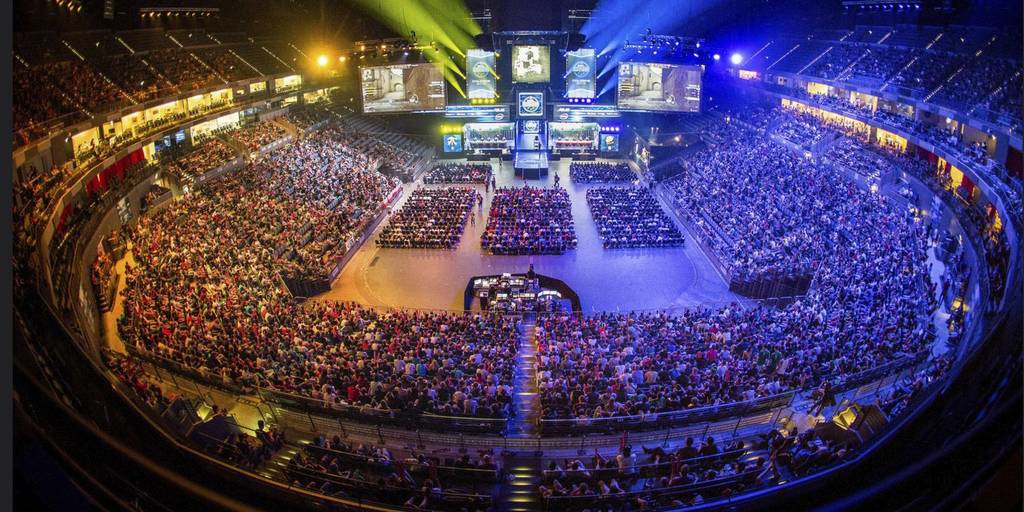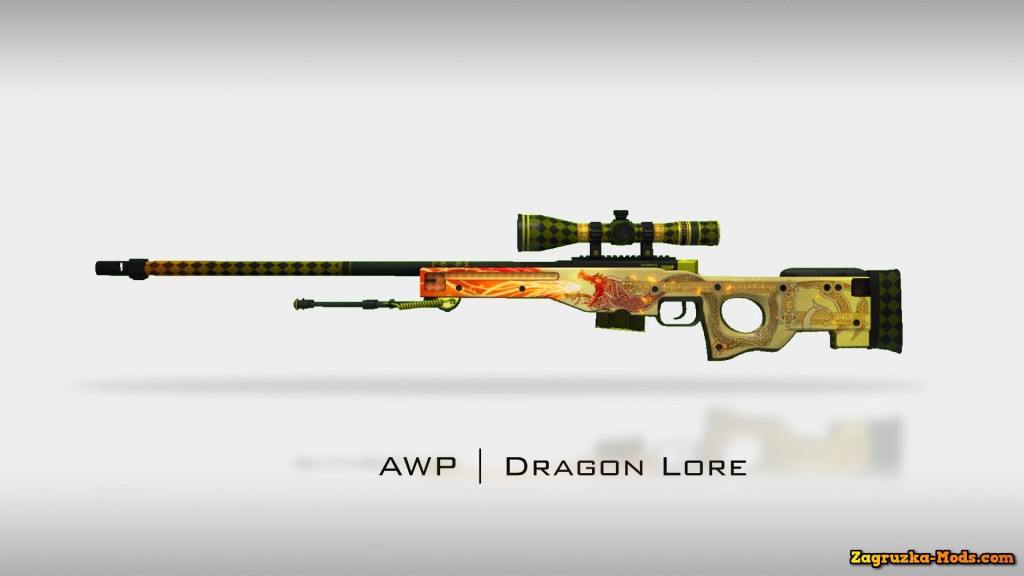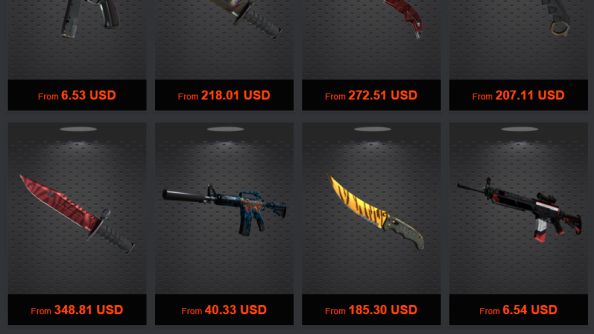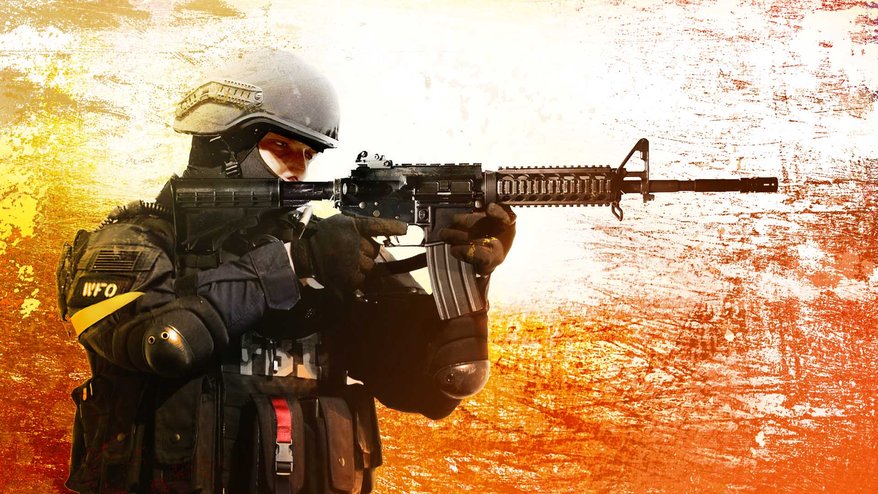The video game Counter-Strike: Global Offensive (CSGO), released in 2012 by game company Valve, is the center of an ongoing international controversy.
CSGO has had several huge growths in its player base since its release. As of the time of writing, over 615,000 people had played in the last 24 hours (steamcharts.com). In addition, it has become a staple of professional e-sports: in early April, Nationwide Arena in Columbus, Ohio filled it’s 18,500 seats and had 71 million online views over four days.

Like any professional sport, there’s a betting scene, and this is where the dark side of CSGO and Valve emerges.
In the game, weapons can have ‘skins’ applied to them to give them a custom appearance. Some skins are rarer than others and consequently more expensive.

Players can bet their skins on any number of sites specifically dedicated to allowing players to bet on the outcome of CSGO e-sports matches. These sites generally carry a warning for potential punters to adhere to their locality’s laws regarding gambling, but do not prevent anybody from using the site. The betting sites run on Valve’s software, and Valve takes a 15% cut whenever skins are sold.

Counter-Strike, as a first-person shooter, appeals to teenage boys. Unfortunately, so does gambling on their favourite CSGO team in the professional tournament.
Valve has yet to take action to prevent underage gambling on sites run with their software, all the while taking their cut of the millions of dollars worth of skins bet every year.
More information about the game can be found at:
http://blog.counter-strike.net/
http://store.steampowered.com/app/730/
https://www.reddit.com/r/GlobalOffensive/
